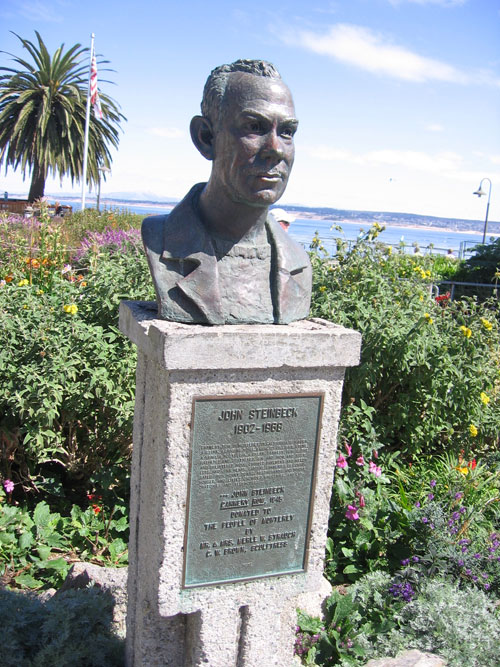Why War?
Friday, October 27th, 2006When talking about the Iraq War, the most baffling and elusive question has been “Why?” Why did they do it? What did they hope to gain?
I have my own theories, but we’ll get to that later.
First there’s the official explanations. We of course realize at this point that these were lies entirely. We all know these “reasons”: Saddam had weapons of mass destruction, he was working closely with Al Qaeda, we would set up a functional democracy in Iraq. Blah, blah, blah, he didn’t, they didn’t, and we didn’t.
Not only does it turn out that the reasons for the invasion were false, but that those who made the decision knew they were false. They hyped up the evidence of weapons of mass destruction and suggested a Saddam-Osama connection that didn’t exist. The CIA even actively fabricated evidence for use in Bush’s State of the Union address, the oft-referenced uranium yellowcake from Nigeria, that made Valerie Plame a household name.
So if they were actively inventing reasons, they must be covering for a real reason that is either too complicated or too dubious to reveal. But what could it be?
I read before the invasion a few discussions in the right wing news, (which paper I don’t remember now, something like the National Review) an article indicating that there were several schools of thought within the administration on this. Colin Powell imagined that a stable democracy in Iraq could spread the shining example of liberal democracy throughout the Middle East, but he didn’t think the occupation was feasible.
On the other side was Paul Wolfowitz, and by proxy, Donald Rumsfeld. Wolfowitz had a notion that once a U.S. Friendly government was established in Iraq (how we got to that point I’m not sure) they would pander to their political whim. Therefore, they could convince them to leave OPEC, and Iraq’s vast oil reserves would be available to them at a cost of their choosing.
Thus, the oil connection. But this explanation doesn’t work either. U.S. Troops never stopped insurgents from burning oil wells, a tactic expected well before the invasion.
Furthermore, their strategy indicates they are not at all interested in building a society based on freedom and the rule of law from the ashes of an abusive dictator. They photographed their people naked and humiliated. They established secret prisons for those captured, far, far away from where they were captured. Donald Rumsfeld has even admitted that the strategy of the war was to invade the country, while planning for the occupation was forbidden.
So what then? If at every point they were lying about the reasons for the war, and their strategy always seems to work only against their stated goals, what did they really hope to accomplish?
It seems to me that if their strategy is always working against their stated goals, then their goal in reality is to work against the establishment of a stable and democratic Iraq. Even the most rudimentary analysis of pre-war Iraq concluded that there was a distinct possibility that toppling Hussein would result in a civil war. It also seemed obvious that a truly democratic Iraq would not be as U.S. friendly as many imagined.
They knew that well and sought to plunge Iraq into civil war, imagining that by destabalizing Iraq, and drawing Al Qaeda there, the terrorists would be too busy fighting each other, and soon the chaos would spread from state to state. And from the constant discussion of taking the war to Syria or Iran, it would seem they’re trying to hasten that process.
Bush hasn’t done what he said he was going to do in Iraq. What he wanted to do was wrong already, but what he has done is completely insane. Unfortunately for the people of Iraq, whose deaths by the tens of thousands Bush dismisses with a shrug, their country’s invaders have no experience in cultivating democracy, and all their experience is in creating conflict.

